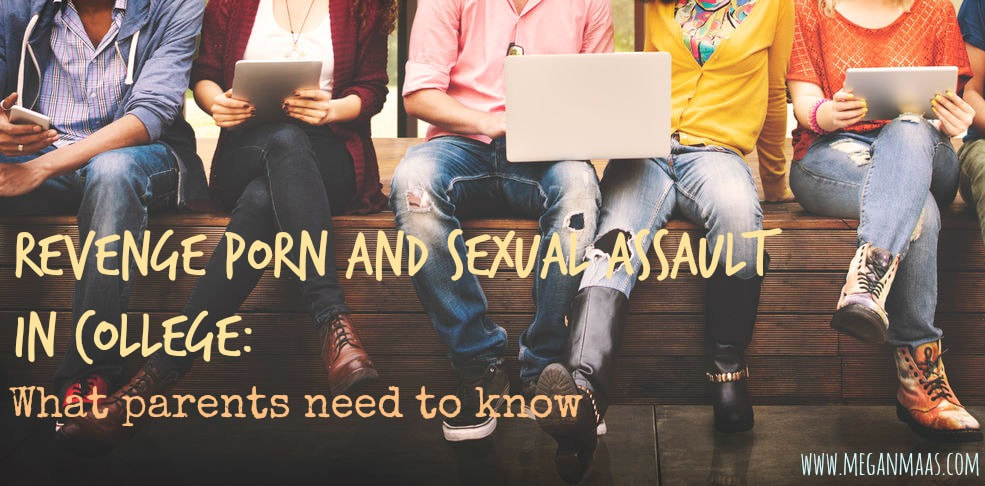|
Copyright: rawpixel/123RF Stock Photo
What would you do if you found out your son was posting images of naked women whom he and his friends had sex with? Perhaps even non-consensual sex with? What would you do if you found out your daughter was at a party, and a guy undressed her unknowingly, photographed her, and posted it on the internet?
Unfortunately, this stuff happens and sometimes it is called revenge porn (1). Even though revenge porn website enthusiasts swear their motivation is nothing but an opportunity 'to look at real naked women’, in reality, the act of uploading a nude picture to punish a woman for leaving you or to boast about you %#$*ing her, is less of an act of sexual expression and more similar to the criminal behavior of stalking and harassment (2). In general, we know that at least 1 in 5 women have experienced sexual assault (3), with many women experiencing sexual assault within their first two months of stepping foot on a college campus. This means many of you reading this right now have a son who has sexually assaulted someone and 1 in 5 of you have a daughter who will experience sexual assault before she graduates from college.
What can parents do to help prevent revenge porn and sexual assault in college-bound kids?
Questions to ask yourself about the college your kid attends/will attend
Questions to ask your kids before they head to college
References
1 Comment
Kim
8/30/2017 05:18:22 pm
This is great advice, Megan.
Reply
Leave a Reply. |
About this Blog:I'm here to help us discuss sexuality, gender, and media by integrating information from academic and mainstream sources. I hope this resource produces more sexually competent people who raise sexually competent kids. Categories
All
|


